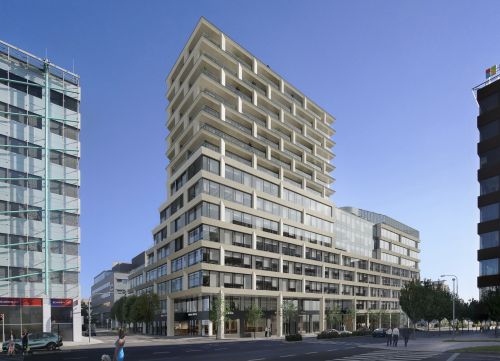Europe's capital city
Brussels holds 12 million sqm of office space, around 1.2 million sqm of which are looking for tenants - vacant space amounting to around 9.92 percent. Rented space in 2003 was 700,000 sqm, the third best performance in the city's history. Indeed, no other European city could compete with the Belgium capital in this regard, which is hardly surprising when you bear in mind that European Union institutions took up 100,000 sqm with other international institutions occupying a further 50,000 sqm.
Rents in Brussels have been rising since 1997, climbing to around 23 euros/sqm in September last year. The annual total renting cost per sqm was 422 euros, which places Brussels 15th in the world. But the Belgian capital stands second as regards the location with the most rapidly rising rents.
Investment transactions on the office market absorbed around 2 billion euros, almost 90 percent of which concerned three districts of Brussels. Only so-called opp






























































